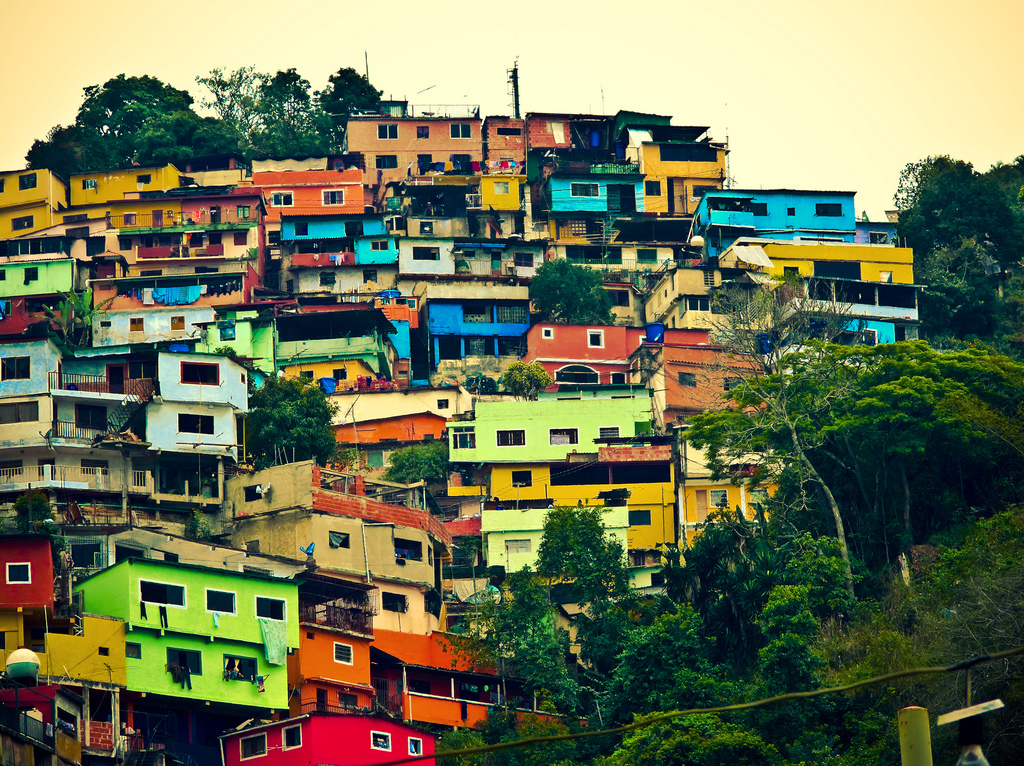BSP donation to support parasitology in Venezuela
Several Venezuelan parasitologists, members of the VeConVen research network, recently received a donation of £1,000 for laboratory material and medical supplies from the British Society of Parasitology, to continue their activities in Venezuela.
Among the beneficiaries of this donation are the Venezuelan Science Incubator, and two laboratories belonging to the Tropical Medicine Institute at the Central University of Venezuela, the Molecular Biology Laboratory for Protozoa and the Biohelminthiasis Section.
The Venezuelan Science Incubator, led by Dr. Alberto Paniz, is a non-profit institution dedicated to promoting research, surveillance, and prevention of infectious and zoonotic diseases caused by viruses, bacteria, or protozoa such as Zika, Diphtheria, Chagas disease, and Leishmaniasis. The Molecular Biology Laboratory for Protozoa, led by Dr. Hernán Carrasco, has been monitoring the molecular epidemiology of Chagas disease in both urban and rural areas of the country for almost two decades. The Biohelminthiasis section, led by Dr. Oscar Noya, focuses on investigating and diagnosing different helminthiases of public health importance, as well as amoebiasis, Chagas disease, and Malaria.
Despite the inconveniences caused by the COVID-19 pandemic over the last year, the beneficiaries received equipment for test analysis, disease diagnosis, as well as general supplies for staff protection during laboratory procedures, allowing the continuity of their regular activities.
This kind of donation makes a huge impact because, since the beginning of the year 2000, Venezuela’s public health quality has been declining due to political and socioeconomic factors, causing both the migration of highly qualified professionals (health staff, researchers), as well as the shortage of medical and laboratory instruments and equipment. As a result, the country has a disproportionate resurgence of deadly diseases, which had been effectively controlled in previous decades.
Despite this, there are still various research groups throughout the country, responsible for dealing not only with diseases but also with the lack of supplies. To continue with their research line and fulfill their work, most of these professionals seek the help of foreign entities such as NGOs, to obtain financial resources and, thus, acquire materials and equipment to continue with clinical/laboratory activities.
In 2018, the VeConVen Network was established: a research group made up of several professionals in the health area and research, focused mainly on the monitoring and control of vector-borne and infectious diseases of interest to public health. The recent contribution made by the British Society of Parasitology to VeConVen members came at a great time, because it has been very helpful to carry out COVID-19 research in the country. However, supplies are limited, and without any type of government support, it is necessary to get some help from more societies, with both financial support and/or donations of second-hand equipment in good conditions, to continue with the follow-up, diagnosis, and control of diseases of public interest in Venezuela.
Please contact the BSP if you would like more information.

